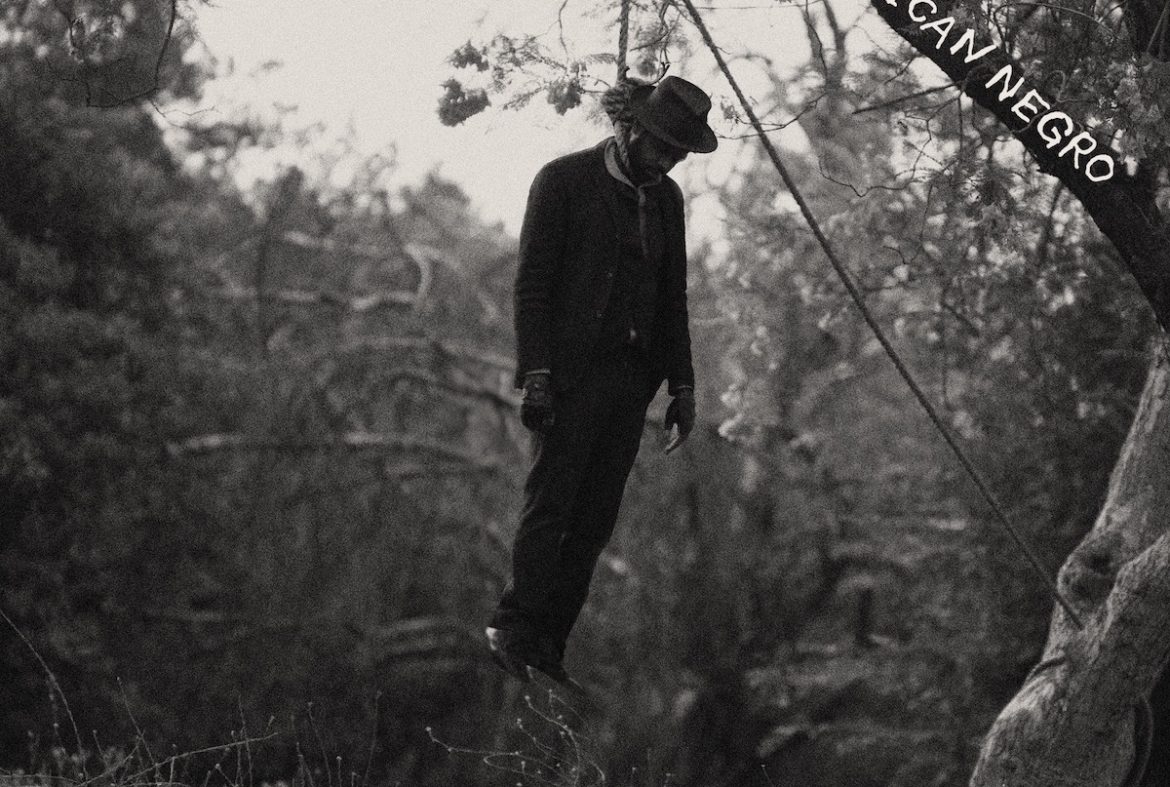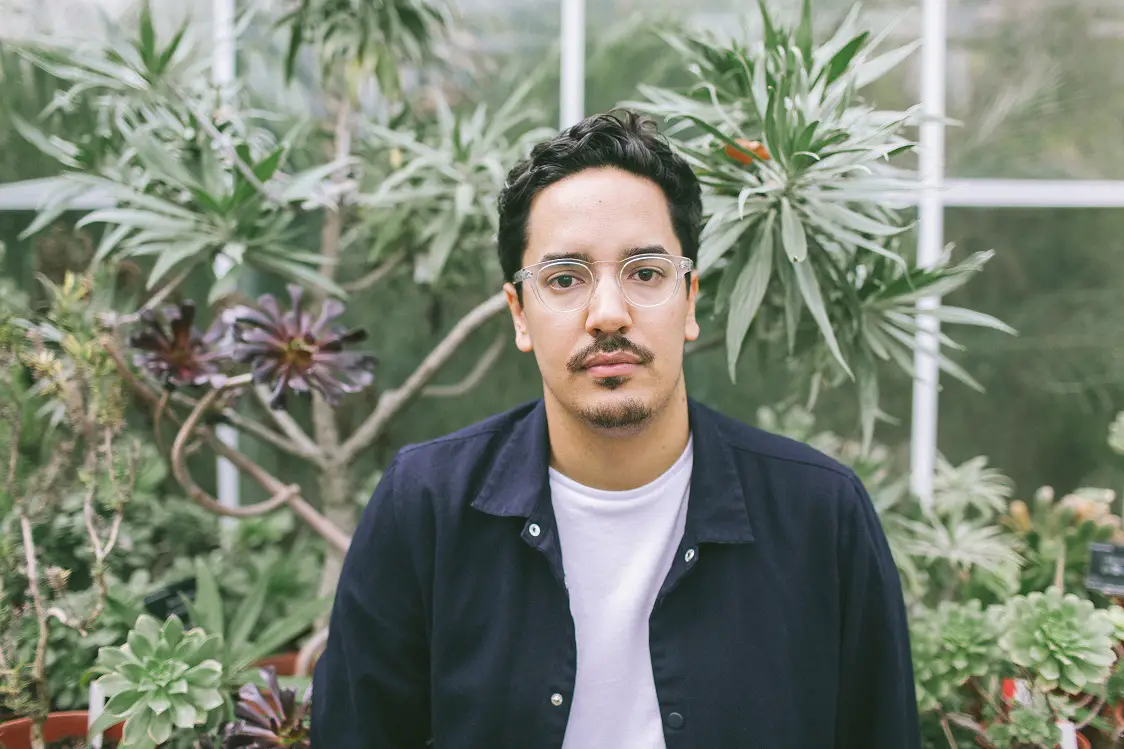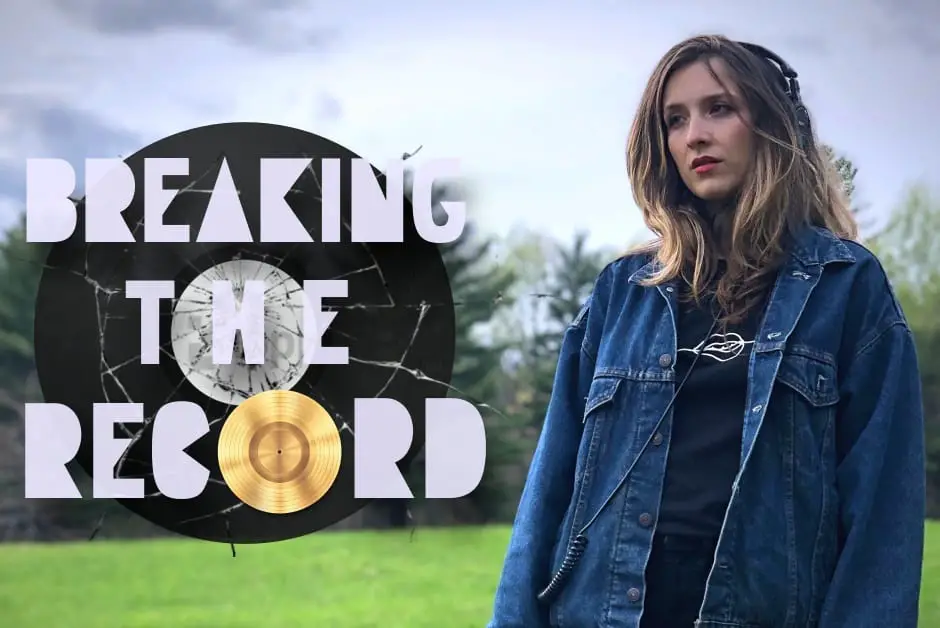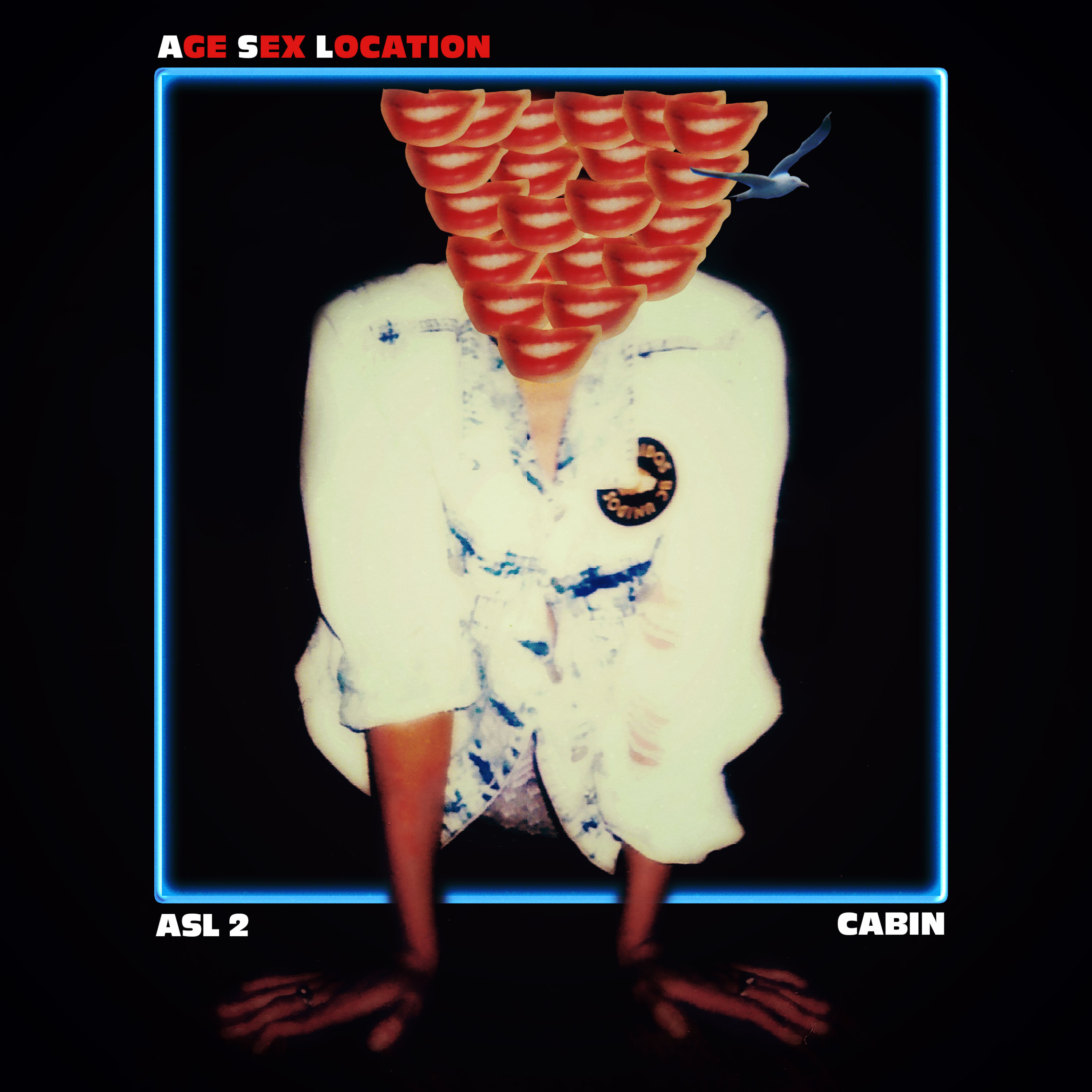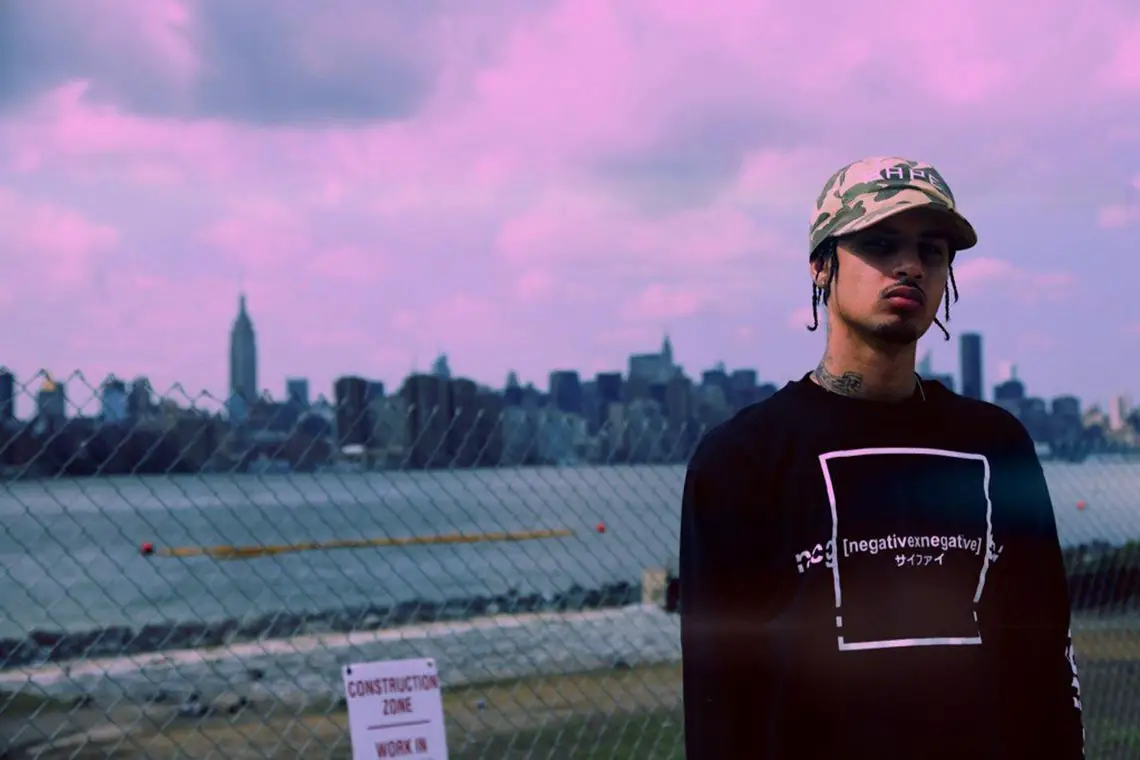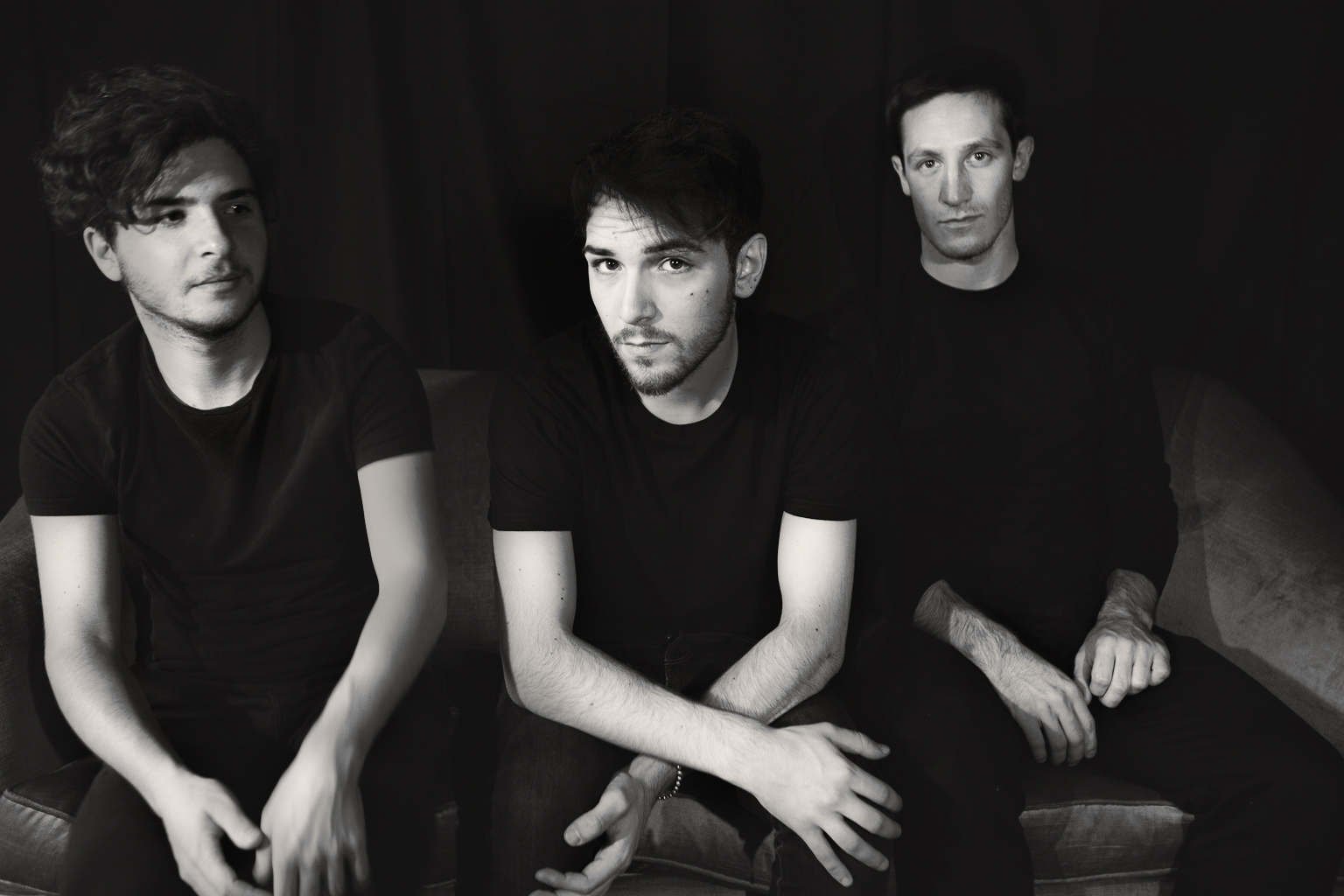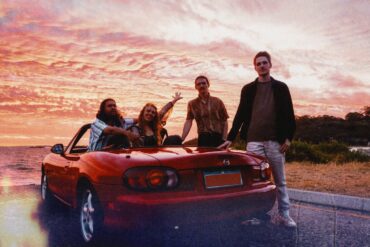This Black History Month, Atwood Magazine has invited artists to participate in a series of essays, interviews, reviews, poetry, playlists, and more features in recognition of, and out of respect for the symbolism and significance of this month.
Today, multi-instrumentalist artist, composer, and producer Adrian Younge – co-founder of Jazz Is Dead and member of The Midnight Hour – dives into the depths of his powerful new album and multimedia project The American Negro as a part of Atwood Magazine‘s Black History Month series. Specially released February 26, 2021 in conjunction with US Black History Month, The American Negro is an ambitious and stirring triumph for the Los Angeles-based Younge, who blends evocative music with breathtaking spoken word to create an unapologetic critique detailing the systemic and malevolent psychology that afflicts people of color.
Younge introduced his project with the poignant title track and lead single “The America Negro” featuring The Linear Labs Orchestra with vocals performed by Loren Oden, Chester Gregory and Sam Harmonix – a raw and vivid outpouring whose beautiful poetry reflects such Black luminaries as Gil-Scott Heron, Curtis Mayfield and Marvin Gaye. It also serves as a haunting thesis statement for Younge’s immersive 26-track experience. Alongside the album Younge is also releasing a four-part podcast Invisible Blackness and short film T.A.N., available exclusively via Amazon Music.
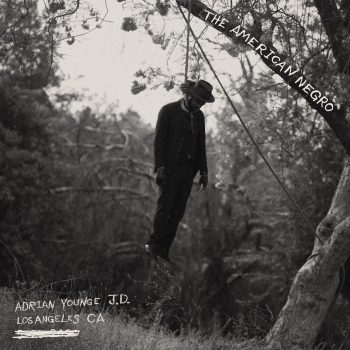
Per Younge, The American Negro is a powerful, multifaceted statement that reflects perennial injustices and serves to act as a lever of change during a time of mass disillusionment: An album “for the people that details the evolution of racism in America.” It is insightful, provocative and necessary in our fight for equality. The American Negro is not for the faint of heart, including the album cover art – a recreation of “Lynching Postcards” that became very popular to celebrate the murder of African Americans at the hands of White Americans as vigilante justice at the turn of the last century, with no judicial reprisals; in addition, they served as warning signs against any person of color seeking to eradicate racial inequality. Modernly, death by asphyxiation is a tool police officers have used in killing innocent Black Americans – the lynching of the Black Americans has to stop.
Adrian Younge’s Invisible Blackness podcast documents the development and evolution of racism in America. Over four episodes and a series of extended conversations, Younge analyzes the Black consciousness of America with new historical parallels to the future and the past. As part of the podcast, Younge will be joined by fellow luminaries including Chuck D, Ladybug Mecca, Keyon Harrold, Michael Jai White and more to reveal, illustrate, and make visible the dominant ideologies embedded in America’s culture.
“The American Negro is the most important creative accomplishment of my life. This project dissects the chemistry behind blind racism, using music as the medium to restore dignity and self-worth to my people… It should be evident that any examination of black music is an examination of the relationship between black and white America. This relationship has shaped the cultural evolution of the world and its negative roots run deep into our psyche.” – Adrian Younge
•• ••
I am an evolving term that we can’t agree on
A multitude of color some can’t quite process
A porch monkey that arrived as a jungle bunny
A boy, even though I was never a pickaninny
I am the sound of America
The dissonance they created
I am a Black American
Colored by America’s ineptitude
I am an African American
struggling with my allegiance to the motherland
I am an evolving light,
living under the shade of our ancestors
I am your American negro
Sunburns in the shade
My melanin feels the light
Don’t worry ‘bout radiation
My people’s gone be alright
Help the people
See the world
Through the darkness
God shadowed us
To shine
Black love
Black music is soul, and it’s germane to our African heritage. If our music has no soul, it’s bleached and not considered Black. I create black music wholeheartedly.
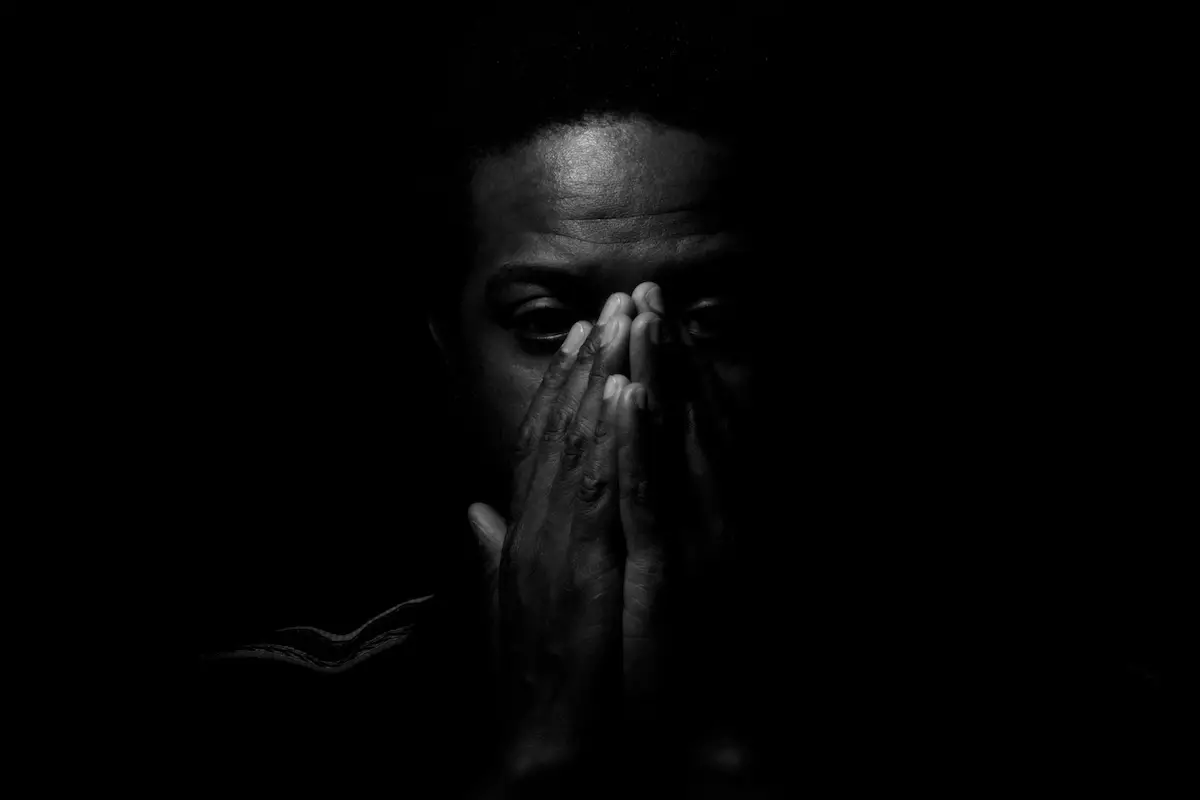
•• ••
A CONVERSATION WITH ADRIAN YOUNGE
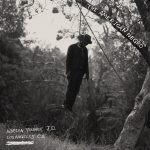
Atwood Magazine: First of all, “The American Negro” is a fantastic song and I was enthralled the moment I heard it. Can you share a little about the story behind this song?
Adrian Younge: The song is inspired by the way America perceives the Black American. Growing up, we always had to choose a pejorative term of choice. Was I a negro, nigger, coon, colored, African American or Black? This song sheds light on many of the terms we faced, and still face, on a daily basis.
How do you feel The American Negro reintroduces you and captures your artistry in 2021?
Adrian Younge: This album is everything. The message is even more important than the music and this message will resonate beyond my years. I’ve always had the spirit of an activist but never put this much of it into my music. It’s definitely a new day for me.
How do you perceive (or experience) the relationship between music and Black identity?
Adrian Younge: Black music is soul, and it’s germane to our African heritage. If our music has no soul, it’s bleached and not considered Black. I create Black music wholeheartedly.
Light up the world
Under the sky, reunify
(We need to feel more love
We got to give more love)
Sunburns in the shade
My melanin feels the light
Don’t worry ‘bout radiation
My people’s gone be alright
Sunburns in the shade
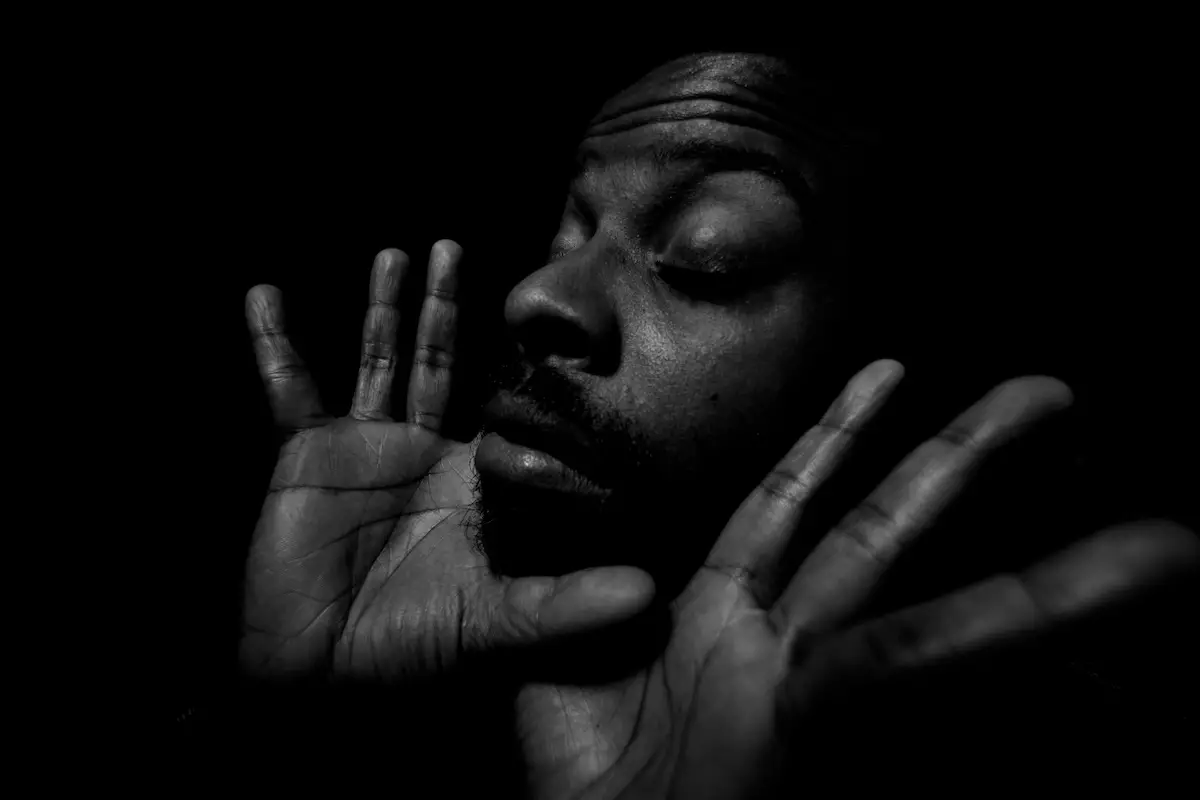
What inspired your overall album, and how did you go about figuring out the stories you wanted to tell?
Adrian Younge: My album is inspired by my ancestors. There is no one incident. We have suffered from so much injustice, and a lot of what we faced is changing. Nevertheless, the change needs to come much faster. I hope the education on this album serves as a catalyst for such change; I hope people start reading more about our history as these stories inspired me to use my voice for good.
Did you always have a specific vision, or did your vision for this project change over time?
Adrian Younge: I definitely had a specific vision. I sought to show the connection between modern day racism and the slave trade. Many believe that racism died with slavery, or with the civil rights era. My album serves to provide a less sterilized look into the machinations of racism that still plague us to this day.
No matter the pejorative of choice
We are black
Unlike the tar they used on their faces
to reinforce a stereotype
their stereos don’t like
And I say this because I am of sound mind
and the sounds that reverberate in my mind
are never confused by the volume of misinformation
programming the minds of America.
Black people,
listen to your own music
as soul is the connection to our ancestors
A language of tonal tensions
teaching an audience, it was never intended for.
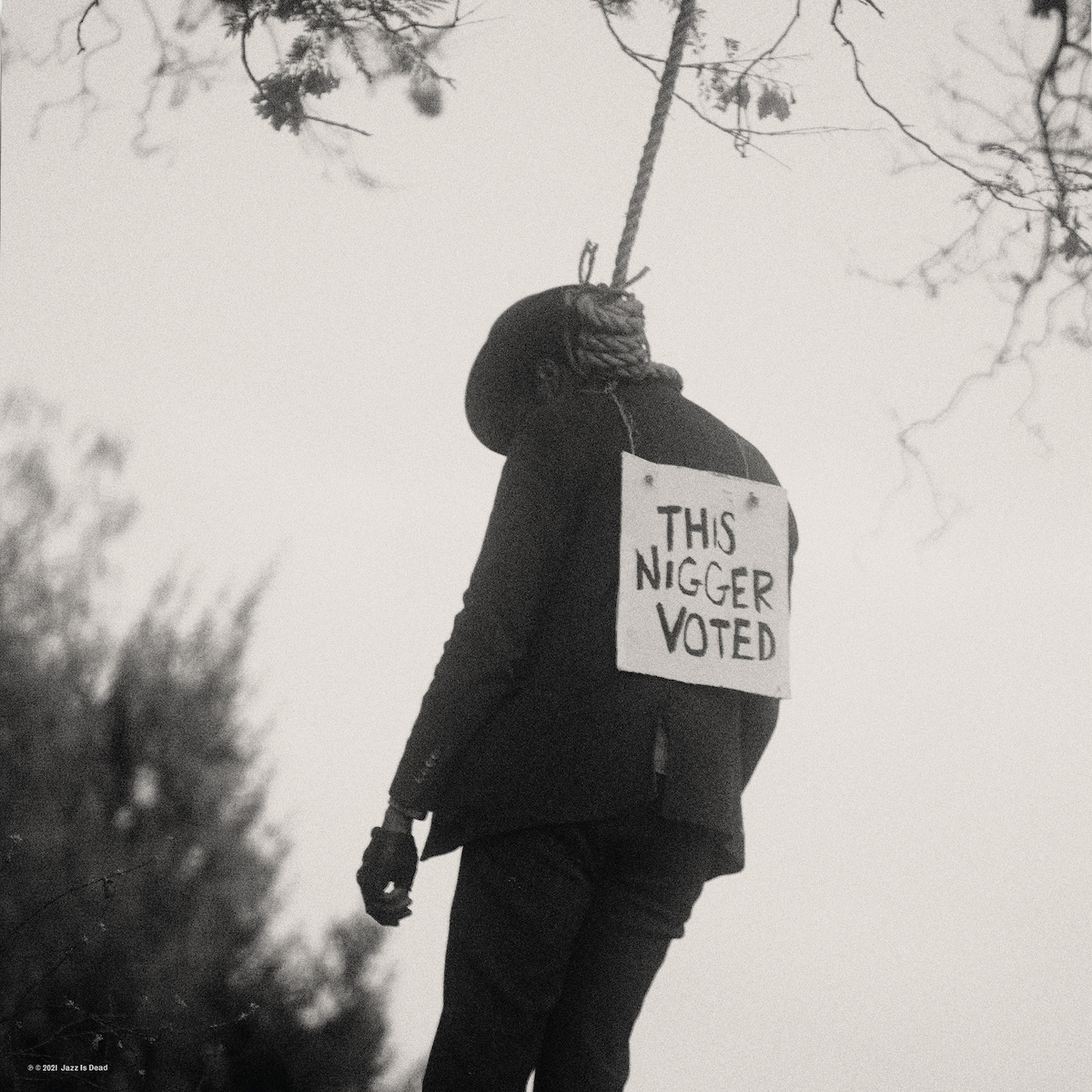
Musically, “The American Negro” is an enthralling, multi-faceted jazz immersion. How do you see the relationship between the music and its sentiment?
Adrian Younge: Soul music is what connects me to my ancestors. It’s as if they are speaking through me, beyond the grave. Jazz has always served as freedom music, a derivative of blues and negro spirituals. Our music helped our journey and I’m using our collective souls to further our voyage.
What did your songwriting process look like for this track?
Adrian Younge: I just sat and wrote it one day. Nothing too special. Creating music is fairly easy when you practice it daily, for years. I don’t say that arrogantly, but with confidence. I always tell aspiring musicians to write daily so that they can develop the ability to magically create on the spot. Anyone can do it, as long as they practice.
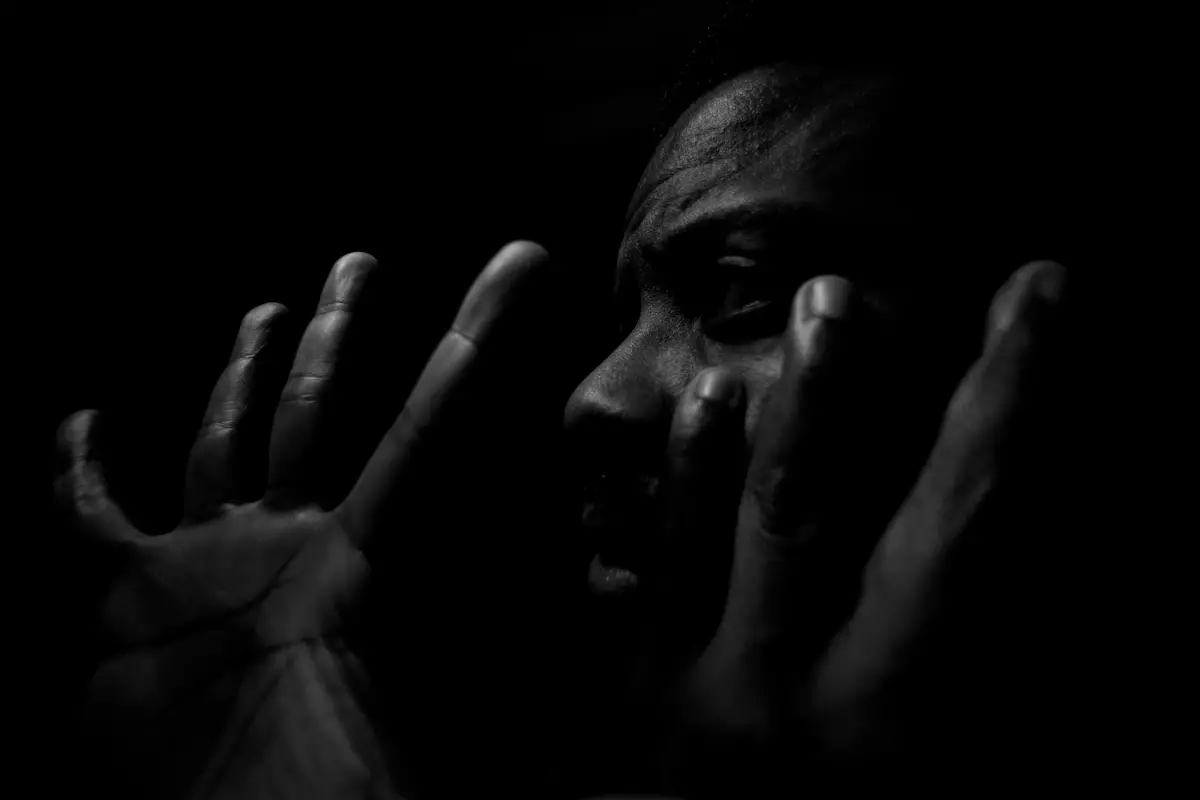
The American Negro is accompanied by a short film and four-part podcast. What are some of the sentiments and overarching messages driving this multimedia project?
Adrian Younge: Both deal with the way Black people have been treated from pre-slavery to pre-equality. It’s an unapologetic critique on the malevolent psychology used to ensnare Black Americans.
What do you hope listeners take away from the album American Negro? What have you taken away from creating it and now putting it out?
Adrian Younge: I hope people realize that racism is a learned behavior. Education is the only way we can reprogram the minds of bigots around the world. By creating this project, it’s made me find a greater purpose with music. It is such a strong medium for change because people are not forced to listen to it. They choose to.

What is the significance of Black History Month, for you?
Adrian Younge: It’s the one time we get to actually learn about real American History.
Since the music blackout last year, there has been much discussion on the steps the music industry needs to take in order for it to be a more equitable place for artists of color. What sort of steps have you seen take place since those initial conversations, and what else do you think the music industry can do to achieve this goal of equity?
Adrian Younge: I don’t follow the music industry, even though I’m part of it. I’m just an artist that loves making music. Nevertheless, I believe the music industry should become more equitable, providing a greater share of the pie to the Artists.
— —
:: purchase/stream “The American Negro” here ::
Stream: “The American Negro” – Adrian Younge
— — — —

Connect to Adrian Younge on
Facebook, Twitter, Instagram
Discover new music on Atwood Magazine
? © courtesy of the artist
:: Adrian Younge ::


